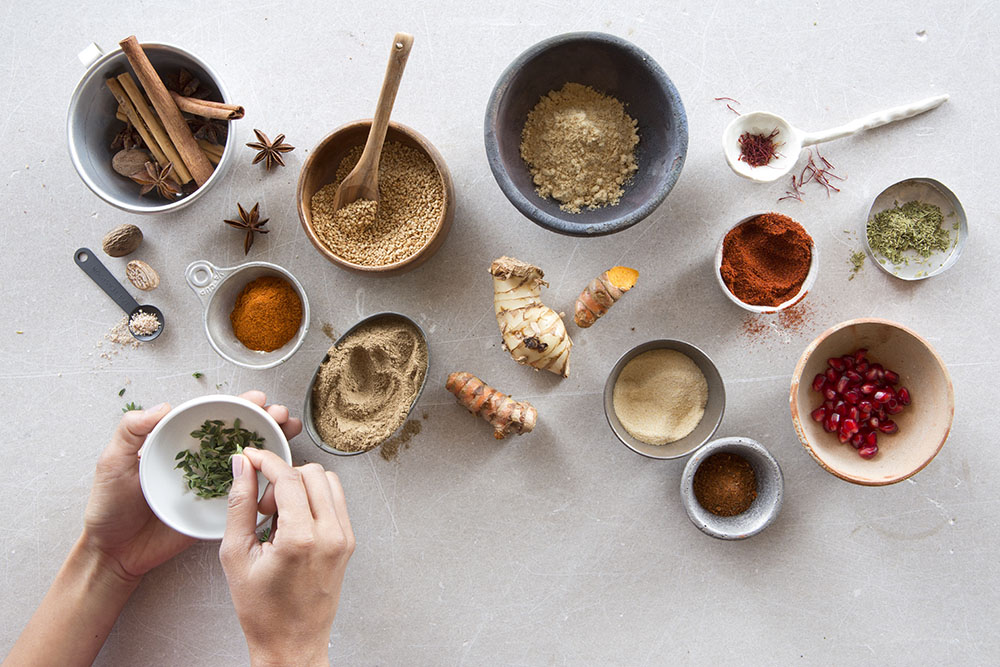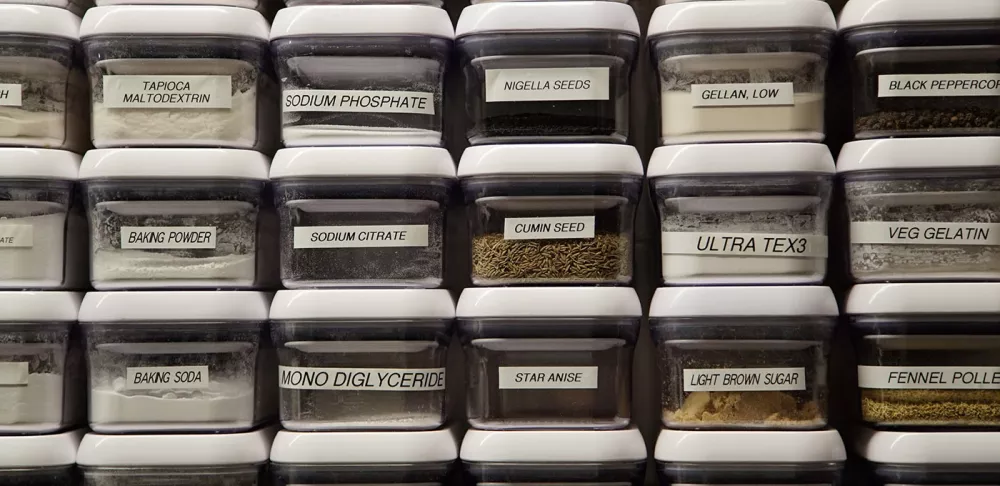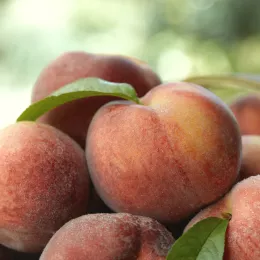Growing up in an Indian household, I thought my mom had the most extensive collection of spices. Walking around a grocery store today is even more overwhelming. There’s so much to choose from and so much that’s unknown. Should I buy in bulk? Is it better to buy ground or whole? Do spices go bad? What is a spice?
Take a deep breath. There’s actually a very simple guide to buying and utilizing spices. The key is to know what you’re working with.
Spices are dried parts of plants and are great for your health!
That’s right. All spices are produced from parts of a plant other than the leaves. For example, cinnamon comes from the bark of a tree. Allspice happens to be a dried berry. Cardamom is a seed. Cloves are dried flowers. And so on.
Spices enhance flavors of food, but not all spices are spicy or sources of heat.
Most spices have a big bang of antioxidants, which promote many long-term health benefits like improving gut health, lowering blood sugar, improving brain and memory functionality, and more.

Whole > Ground
When possible, purchase whole spices — like black peppercorns or cumin seeds — and grind them as needed. Why? Whole spices stay fresher for longer. Grinding them on an as-needed basis ensures maximum potency of antioxidant properties and a fuller flavor. You can grind your spices the traditional way with a mortar and pestle or use a spice grinder or even a coffee grinder!
Pre-ground spices often contain additives or contaminants, which according to the FDA, are not required to be disclosed by suppliers.
Avoid grocery stores and “gourmet” shops.
Spices normally have a shelf life of no more than six months. Chances are, the spices you purchase at the grocery store (especially if you’re buying ground spices) are stale. It’s always best to go to an ethnic market or a local spice merchant.
If you’re not completely confident about purchasing from a store, some of my favorite (and reputable) go-tos in New York are Kalustyan’s and La Boite. You can also order online from Burlap & Barrel.
Buy only what you need.
I love a good bulk deal as much as the next person but spices will go stale, especially if they’re of good quality. Fresh spices are very pungent, so a little goes a long way when it comes to cooking.
Store with care — NOT near your stove!
Nothing sucks the life out of fresh spices faster than heat and moisture. Rather than storing them in a cabinet near your stove or directly above your stove, opt for a dark and relatively cool, dry space.
When storing your spices, be aware of the best by dates. If there isn’t one labeled, a good rule of thumb is two years for whole spices and one year for ground spices from the date of purchase.
Learn more about spices (and make your own blend) in our recreational classes.




